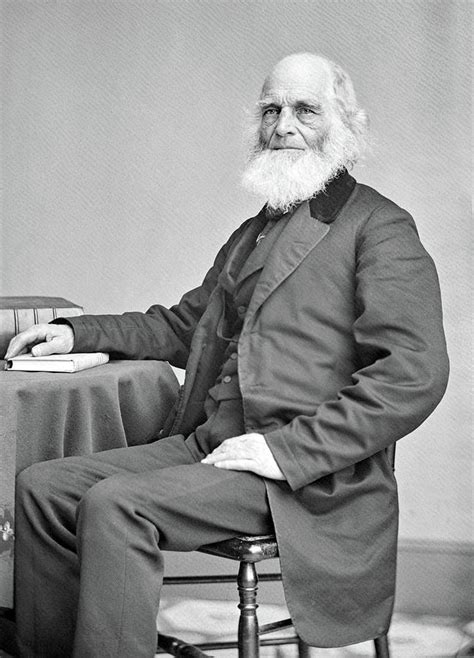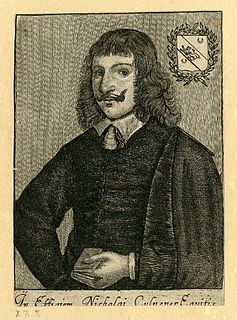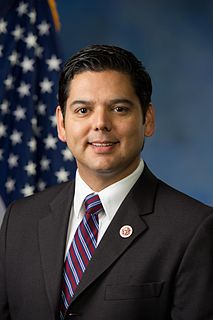A Quote by William C. Bryant
It is said to be the manner of hypochondriacs to change often their physician.
Related Quotes
And it has been sarcastically said, that there is a wide difference between a good physician and a bad one, but a small difference between a good physician and no physician at all; by which it is meant to insinuate, that the mischievous officiousness of art does commonly more than counterbalance any benefit derivable from it.
Doctor Johnson said, that in sickness there were three things that were material; the physician, the disease, and the patient: and if any two of these joined, then they get the victory; for, Ne Hercules quidem contra duos [Not even Hercules himself is a match for two]. If the physician and the patient join, then down goes the disease; for then the patient recovers: if the physician and the disease join, that is a strong disease; and the physician mistaking the cure, then down goes the patient: if the patient and the disease join, then down goes the physician; for he is discredited.
Our law very often reminds one of those outskirts of cities where you cannot for a long time tell how the streets come to wind about in so capricious and serpent-like a manner. At last it strikes you that they grew up, house by house, on the devious tracks of the old green lanes; and if you follow on to the existing fields, you may often find the change half complete.




































